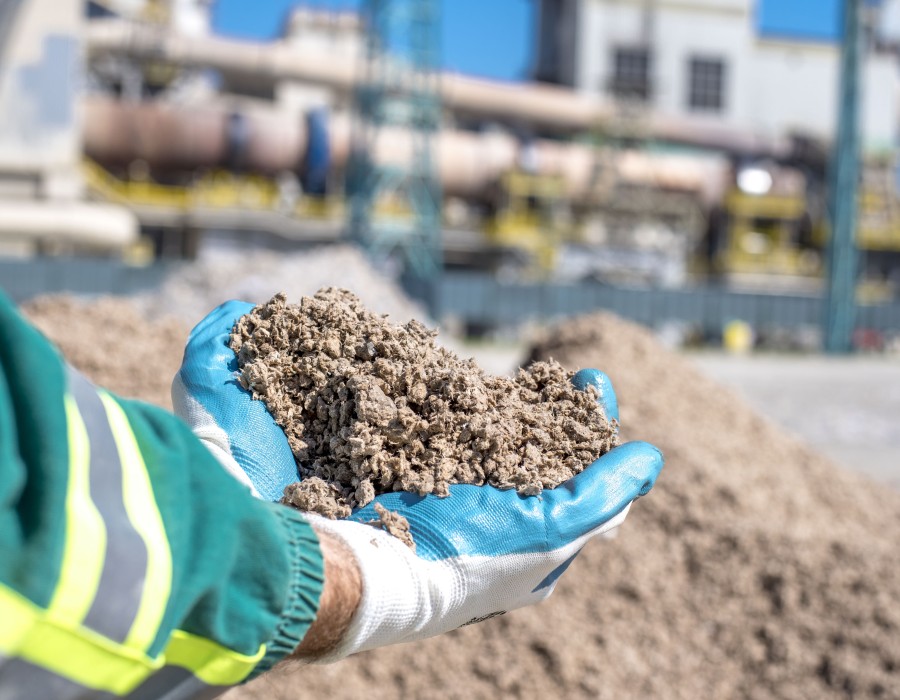Planning a development on rural or semi-rural land? Whether it’s for a new home, commercial site, or agricultural project, understanding the land's capacity to handle wastewater is essential. This is where Land Capability Assessments (LCA) play a critical role.
In this blog, we will explore About Land Capability Assessments, why they are important, and how LCA services help landowners, developers, and councils make sustainable and environmentally responsible decisions.
What is a Land Capability Assessment?
A Land Capability Assessment, or LCA, is a scientific evaluation that determines whether a specific parcel of land can safely and sustainably manage on-site effluent disposal from a septic system. It analyses various physical and environmental features such as soil type, slope, drainage, vegetation, and climate.
An LCA ensures that wastewater from a septic tank can be treated and absorbed without polluting nearby water bodies, causing erosion, or leading to other environmental concerns. This assessment is particularly important for properties not connected to municipal sewer systems.
Why LCAs are Necessary for Septic Systems
Building on land that lacks proper waste management planning can lead to serious issues including groundwater contamination, public health risks, and non-compliance with local council regulations. LCAs are mandatory in most Australian states and territories for any new development or subdivision that proposes to use an on-site wastewater system.
Here’s why LCA services are essential:
- Environmental Protection: LCAs help protect local ecosystems by ensuring septic systems don’t overload the land or leak contaminants into surrounding areas.
- Compliance and Permits: Most local councils require a completed and approved LCA before issuing a building permit for unsewered properties.
- Risk Reduction: A proper LCA minimizes the risk of septic system failure, soil erosion, or surface water pollution.
- Cost-Effective Planning: Identifying potential limitations early helps avoid expensive remediation later and allows for the design of an efficient, site-specific wastewater system.
What is Included in a Land Capability Assessment?
Understanding about Land Capability Assessments means knowing what goes into one. An LCA typically involves:
- Desktop Review: This includes gathering existing data such as aerial imagery, topographic maps, climate data, and regional soil databases.
- On-Site Soil Testing: Qualified assessors test for texture, structure, depth, permeability, pH, salinity, and dispersibility.
- Slope and Drainage Analysis: The land’s slope and drainage characteristics determine the suitability for effluent absorption.
- Risk Ratings: Each factor is rated for risk, from low to high, to determine land suitability and appropriate mitigation strategies.
- Recommendations: Based on results, the assessor recommends a suitable wastewater treatment and dispersal system and defines buffer distances, loading rates, and design specifications.
Who Needs LCA Services?
LCA services are vital for a wide range of clients, including:
- Private Landowners: Anyone planning to build a home on a rural or unsewered lot needs an LCA.
- Developers and Builders: Subdivisions, eco-tourism sites, and rural developments require detailed assessments.
- Councils and Regulatory Authorities: Rely on professional LCAs to evaluate planning applications.
- Environmental Consultants: Often integrate LCA reports into broader environmental or town planning assessments.
Key Benefits of Professional LCA Services
Hiring a qualified LCA service provider ensures thorough, accurate, and council-compliant reports. Here’s what you can expect from reputable professionals:
- Certified Soil Testing: Using the latest tools and methodologies to evaluate site-specific soil properties.
- Custom System Design: Tailored wastewater management plans based on land capability and intended use.
- Council-Ready Documentation: Reports prepared to meet or exceed the standards required by local councils and state guidelines.
- Ongoing Support: Assistance with submissions, revisions, and even system monitoring, if needed.
Factors Influencing Land Capability
Several elements can impact whether a site is suitable for a septic system, and how complex the treatment plan must be. These include:
- Soil Type: Sandy soils may drain too quickly, while clay soils may retain too much water.
- Topography: Steep slopes increase the risk of surface runoff and erosion.
- Water Table Depth: High water tables reduce the area available for safe effluent disposal.
- Climate Conditions: High rainfall areas require systems that can manage excess water infiltration.
- Vegetation: Native plant coverage can enhance absorption and filtration but may also compete for nutrients and water.
LCA and Sustainable Land Development
At the core of about Land Capability Assessments is the principle of sustainability. LCAs help ensure that development activities don’t compromise natural systems or future land use. By understanding the land’s natural limitations and capabilities, we can reduce environmental harm and design septic systems that work in harmony with the environment.
This approach also aligns with broader goals in sustainable development and climate resilience. When you use LCA services, you’re not just ticking a box for regulatory compliance — you’re contributing to responsible land stewardship.
Choose the Right LCA Partner
When selecting a provider for your LCA Services, consider the following:
- Experience: Look for specialists with a proven track record in your region.
- Certifications: Ensure they’re qualified environmental scientists, engineers, or geotechnical consultants.
- Technology: Providers using GIS mapping and modern soil testing equipment offer more precise evaluations.
- Communication: Choose a team that will walk you through the process and answer your questions clearly.
Final Thoughts
Understanding about Land Capability Assessments is vital for anyone looking to build or develop on unsewered land. These assessments are not just a regulatory requirement — they’re a key part of sustainable planning and long-term property health.
Whether you’re building a new home, subdividing rural land, or planning a large-scale development, investing in professional LCA services will ensure your project is safe, compliant, and environmentally sound.
Septic Land Capability Assessment is here to guide you every step of the way with expert LCA solutions tailored to your property’s unique characteristics.





Comments